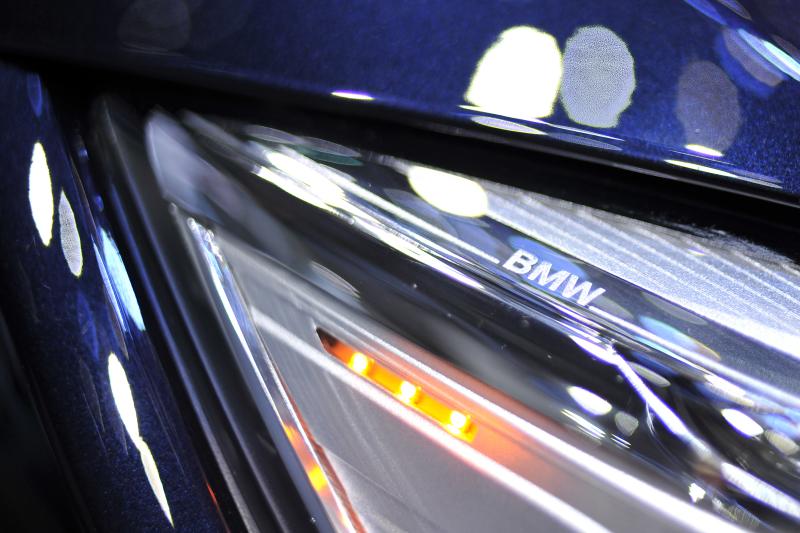
The E36 and E46 BMW 3-Series are already two of the best cars ever built -- but faster is better. From a chassis perspective, you're building on the bones of a titan capable of putting high-end sports cars to shame with understated confidence. But from a power perspective, the 325i model does leave a bit to be desired. The 325i's family relation to the M3 makes shopping for chassis parts a matter of preference and budget; with the car's M54B25 engine, going faster is more a matter of what's available, and what outside-the-box options might be worth considering.
There's no sense reinventing the wheel where this car's chassis is concerned, since BMW did such a fine job of engineering it in the first place. An M3 suspension, or an aftermarket equivalent, is going to end up your best bet here, and there are plenty of suspensions and wheel packages available toward that end. BMW tuner company Dinan is the usual go-to source for non-factory upgrades; not least of which because Dinan parts are available at BMW dealerships, and won't void the factory warranty. Dinan offers every single chassis upgrade it's possible to install, and does so in simple "stage" packages ranging all the way up to full-race adjustable setups. Just make sure to get an adjustable rear anti-roll bar and front and rear strut supports, regardless of your suspension choice. Forged, lightweight wheels are good, but don't get anything bigger than 18 inches unless you're more concerned with looking good than going fast.
As is the case with many BMW engines, there are not a lot of easy power gains left on the table. BMW knows what it's doing in terms of building engines, so power gains from bolt-ons like high-flow or cold-air intakes and cat-back exhaust systems are likely to be in the medium single digits. Things get a bit better as you move closer to the engine; the E46 American-spec exhaust with its more restrictive catalytic converter cost a full eight horsepower over European models, so there are power gains to be had with a new header and high-flow converter. Combine that with a new intake manifold, a high-flow throttle body and MAF sensor, and you could be a new computer-tune away from making respectable power. Dinan, among several others, offers a number of "staged" computer tunes designed to capitalize on more aggressive aftermarket intakes and exhaust systems. Either way, a new computer tune is a must for any bolt-on power upgrade -- otherwise you're wasting your money.
Turbo or supercharger -- the eternal question. Turbo kits abound for E36 325i models with the M50 engine, with Euro specialist Active Autowerke being the name brand of choice as of 2014. Several companies offer them, though. Turbo kits also exist for the later E46 M54 engine, but this engine's complexity, aluminum block, relatively short model run and position below the M3's better S54 engine haven't endeared it as much to tuners. That means turbo kits are harder to come by, and are consequently less complete and more expensive. A better option for either engine might be a centrifugal supercharger, which is much easier to install and about half to a third the price of a comprehensive turbo setup. Short of nitrous, this is the cheapest and simplest solution to your power problems. However, both the E36 and E46 engines had 10- to 11-to-1 compression ratios, so water-methanol injection and intercooling is a must -- and even then, about 10 to 12 psi of boost is the maximum safe limit on 93-octane pump gas.
BMW loyalists will not like you for this one, but there's a lot of sense behind swapping a Ford 5.0-liter or Chevy LS V-8 into an E36 or E46 chassis. First, neither of these engines weighs much if any more than the stock inline-six, and the fact that they're shorter means the weight is further back. Second, swap kits exist for both of these engines into both of these chassis, and entire books have been written about the jobs. Third, cost: you can buy an entire 5.0-liter Mustang or Thunderbird, or running late-model Camaro donor car for less than you'd spend on an intake, exhaust and computer tune for either of the Beemer engines. And then, you can recoup a big chunk of the investment selling off your old BMW powertrain. And there's cost savings in terms of maintenance, repair and later modification; any high-school shop student can build a 500-horsepower, 5.0-liter for three grand, and parts for this engine and the LS are all but falling off of shelves at your local auto parts store.